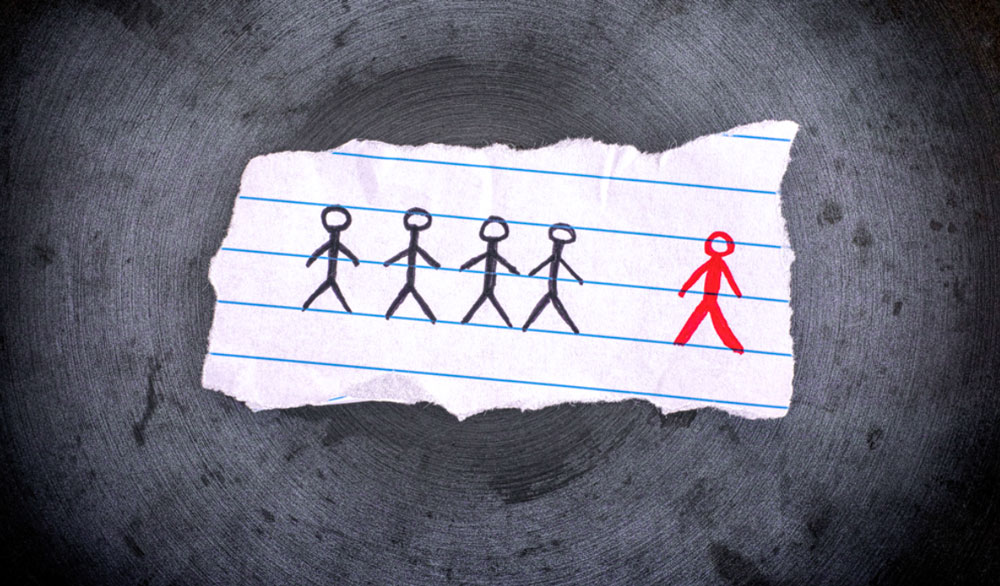Often men tell us that they feel unable to express that they have concerns and questions about hair loss. They tell us that they feel left out and angry at not being offered support.
At Cancer Hair Care, we have created a dedicated information section for males on our website and offer free consultations with our specialists.
In terms of supporting men on both an emotional and practical level, there are several considerations when preparing for hair loss.
Treatments such as chemotherapy that cause hair loss as a side effect will cause hair to fall out anywhere that it grows. This includes your scalp, face (brows, lashes, facial and nose) and body (including pubic hair).
The only known prevention for hair loss is called Scalp Cooling (cold cap), a treatment developed to try and reduce hair loss that can only be used with some forms of chemotherapy.
Men can and do use Scalp Cooling, however, it’s fair to say that the vast majority of men are not offered it. You can – and should – ask to try Scalp Cooling if you wish.
Males being treated under the NHS who experience hair loss of 50% or more on the scalp as a result of cancer treatments are entitled to be supplied a wig or hairpieces by an NHS wig supplier. The NHS commissions local wig suppliers to deliver this service.
Unfortunately, many men are not offered a wig referral but you should request one if you wish as all NHS wig suppliers must offer males a range of suitable wigs.
Here is our guide to clipper cutting short hair:
Take control – Many people say that cutting their hair prior to it falling out helped them take control
Cutting hair does not affect new growth – You will not cause any damage to your hair by cutting it short at any stage of treatment. Cutting hair does not affect new hair growth.
Hairdresser / Barbers – If you intend to go to a salon, you might like to ask for a private space to be arranged, or opt for a home hairdresser.
Clipper and guard – If you decide to cut your hair yourself, make sure you use clean clippers with a guard over any clipper blade.
We don’t recommend shaving the scalp with a razor as the scalp is harder to shave than the face. Razors can also cause hard-to-heal cuts that risk infection at a vulnerable time.
Please see our website for more information and guidance on how to cut hair.

